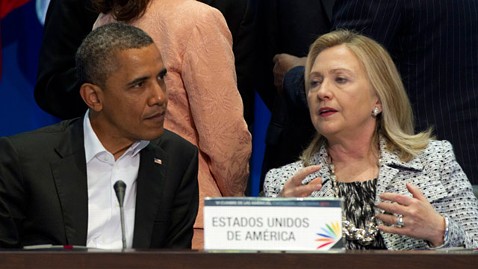
High Horse
Photograph by Greg Parker, Your Shot
The Horsehead Nebula rears its pretty head in a November 17 photograph submitted to National Geographic's Your Shot photo community.
Taken from the New Forest Observatory in the United Kingdom, the image shows how the nebula's horse head is part of a larger cloud of dust. Situated about 1,500 light-years away, the Horsehead Nebula is visible only because its obscuring dust is silhouetted against another, brighter nebula, according to NASA.
(See "'Soccer Ball' Nebula Discovered by Amateur Astronomer.")
Published November 26, 2012


Green Lit
Photograph by Jeremy La Zelle, My Shot
Green curtains of aurora stretch over the sky in the Alaska Arctic in a picture submitted to National Geographic's My Shot on November 17.
"The constantly changing kaleidoscope of colors are reminiscent of a fireworks display—but without sound," photographer Jeremy La Zelle wrote with his submission.
"All we hear is the quiet peaceful sounds of a freezing Alaska night."
(See "Aurora Pictures: Best Fall Photos of Northern Lights.")
Published November 26, 2012

Martian Vista
Image courtesy Caltech/NASA
NASA's Curiosity rover snapped this picture after moving 83 feet (25 meters) eastward on November 18—the 102nd Martian day, or sol, of its mission to study whether life once existed on Mars.
The view shows Yellowknife Bay, part of the Glenelg area of the Gale Crater, which is located near the base of a three-mile-high (five-kilometer-high) mountain rich with layered sediment deposits laid down over hundreds of millions of years.
(Read more about the Gale Crater.)
Published November 26, 2012

Gilded Mountains
Image courtesy ESA
The sands of the Sahara appear like golden brush strokes around the Tibesti Mountains in a March 2012 satellite image recently released by the European Space Agency.
Located in Chad and Libya, the mountains' highest peak is Emi Koussi-pictured above as a circular structure in the lower-right portion of the dark area.
Lava flows can be seen extending from the westernmost volcano, Toussidé.
(See volcano pictures.)
Published November 26, 2012

Photograph by Quang Nguyen Luong and F. Motte, Herschel SPIRE/ESA
Published November 26, 2012
$'+ doc.ngstore_price_t +'';
html += ' $'+ doc.ngstore_saleprice_t +'';
} else {
html += ' $'+ doc.ngstore_price_t +'';
}
html += '
$("#ecom_43331 ul.ecommerce_all_img").append(html);
o.totItems++;
}// end for loop
} // end if data.response.numFound != 0
if(o.totItems != o.maxItems){
if(o.defaultItems.length > 0){
o.getItemByID(o.defaultItems.shift());
} else if(o.isSearchPage && !o.searchComplete){
o.doSearchPage();
} else if(!o.searchComplete) {
o.byID = false;
o.doSearch();
}
}// end if
}// end parseResults function
o.trim = function(str) {
return str.replace(/^\s\s*/, '').replace(/\s\s*$/, '');
}
o.doSearchPage = function(){
o.byID = false;
var tempSearch = window.location.search;
var searchTerms ="default";
var temp;
if( tempSearch.substr(0,7) == "?search"){
temp = tempSearch.substr(7).split("&");
searchTerms = temp[0];
} else {
temp = tempSearch.split("&");
for(var j=0;j 0){
o.getItemByID(o.defaultItems.shift());
} else if(o.isSearchPage){
o.doSearchPage();
} else {
o.doSearch();
}
}// end init function
}// end ecommerce object
var store_43331 = new ecommerce_43331();
store_43331.init();












